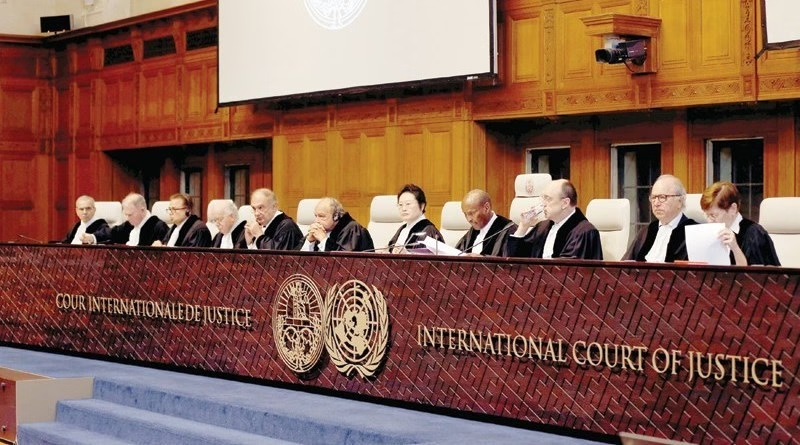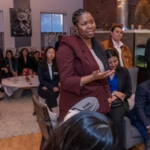Judicial Fellowship Program 2026-2027

Applications Are Now Open For Judicial Fellowship Programme
The Judicial Fellowship Programme, formerly known as the University Traineeship Programme, was established in 1999 to enable recent law graduates to gain professional experience by working for the International Court of Justice. The programme aims to improve participants’ understanding of public international law in practice and the Court’s procedures by directly involving them in the activities of the Court.
Judicial Fellows work on a full-time basis under the supervision of a Member of the Court, alongside the Member’s primary legal assistant. Fellows can expect to conduct research and draft memorandums on questions of law or fact relating to cases pending before the Court, attend hearings and sittings, and perform any other duties that may be assigned to them by their respective judges.
The duration of the fellowship is approximately ten months, from early September to June of the following year. The Court generally selects 15 participants nominated by universities across the world.
Eligibility
In making its selection, the Court seeks candidates of diverse nationalities.
- To be eligible, candidates should be 31 years old or younger at the start of their fellowship. This requirement may be waived only in special circumstances.
- Candidates must demonstrate excellent results in their legal studies, and an interest in public international law through their studies, publications and/or work experience.
- Candidates must have an excellent command, both written and orally, of at least one of the two official languages of the Court (English and French); a working knowledge of the other language is considered an asset.
Benefits
- The programme enables recent law graduates to gain professional experience working at the Court.
- Trust Fund awards are intended to benefit candidates nominated by universities based in developing countries which lack the means to provide financial sponsorship.
- The Court does not impose any formal criteria or grade requirements for selection.
- The Court does not require specific language certificates. English and French are the official languages of the Court.
- The award consists of a monthly stipend and will cover living expenses in The Hague, and travel and health insurance costs. The stipend will enable Fellows to participate fully in the Programme without the burden of financial hardship.
Eligible Regions: Developing Countries
Application Process
For Further Queries: If you have a question you would like to ask, including admission queries, please use their official QA section on their website.
Disclaimer: Opportunities World shares opportunities based on information that is readily available for your convenience and simplicity; therefore, it disclaims all liability for erroneous or unexpected information. We advise you to check the opportunity provider’s own website for further information, as this is not their official page. Organizations should not relate this opportunity with any other goals; it is shared with the sole purpose of increasing “Access to Information” for everyone.



